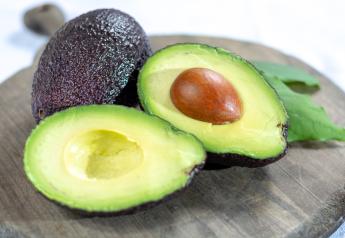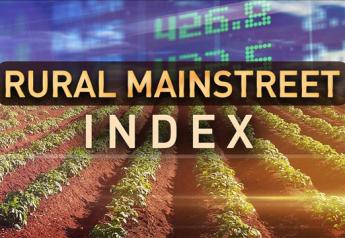The coronavirus recession bares its fangs

How worried are you about the coronavirus?
That question is answered in a recent post by University of Michigan economist Richard Curtin.
With a subject line "The Coronavirus Recession,” Curtin analyzes consumer survey data that reveal the University of Michigan’s Index of Consumer Sentiment was pegged at 73.2 in July, down from 78.1 in June and miles away from a score 98.4 in July a year ago.
Curtin points out that the “coronavirus recession” can’t be reversed solely by economic policies. Instead, both economic policies and a vaccine, or effective treatment, for COVID-19 will be required.
“How much has the coronavirus altered the lives and economic behavior of households?” Curtin asks. “Is their main concern the threat to their family’s health, do they find the required social isolation the most onerous, or does the impact on their personal finances pose the greatest threat?”
The latest iteration of the survey goes on to answer those questions, concluding that the economic costs of regulations aiming to slow COVID-19 will be ongoing for another six months to a year, “at best.”
More observations from the survey, which was conducted in April:
- 45% of consumers reported that their lives had changed a great deal due to the coronavirus; 20% reported little or no change;
- 31% among the least educated reported “little or no impact” from the coronavirus, compared with 10% of the most educated stating no or minimal impact;
- 60% said the top concern associated with the pandemic was the perceived threat to their family’s health;
- 20% said the required social isolation was the top concern;
- 20% said the personal financial impact was paramount; and
- Concern about the health threat of the virus rose with age.
Curtin said Congress needs to pass another stimulus bill or risk even steeper declines in U.S. consumer sentiment.
"Without action, another plunge in confidence and a longer recession is likely to occur,” he writes.
Another website following shopper attitudes is Deloitte’s consumer sentiment tracking page.
One interesting stat from the Deloitte data, gathered in late July, is that 19% of all U.S. consumers polled intend to buy groceries online, and another 17% say that their food shopping will be a mix of online and store visits.
However, a modest 10% of shoppers over 55 say they intend to buy their groceries online, with an additional 12% in that age bracket stating they will combine store visits and online orders.
Younger shoppers, on the other hand, show a much greater intent to buy groceries online. According to Deloitte, 30% of consumers 18 to 34 years old say they intend to buy their groceries online; another 27% indicate they will buy groceries both online and in stores.
Clearly, while we older folks are most concerned about being infected by the virus, we are apparently trudging to the store to shop for our groceries much more often than the invincible youngsters.
I see big sales opportunities for food retailers who design their grocery store delivery plans to appeal to seasoned citizens like myself, and more importantly, my wife.







